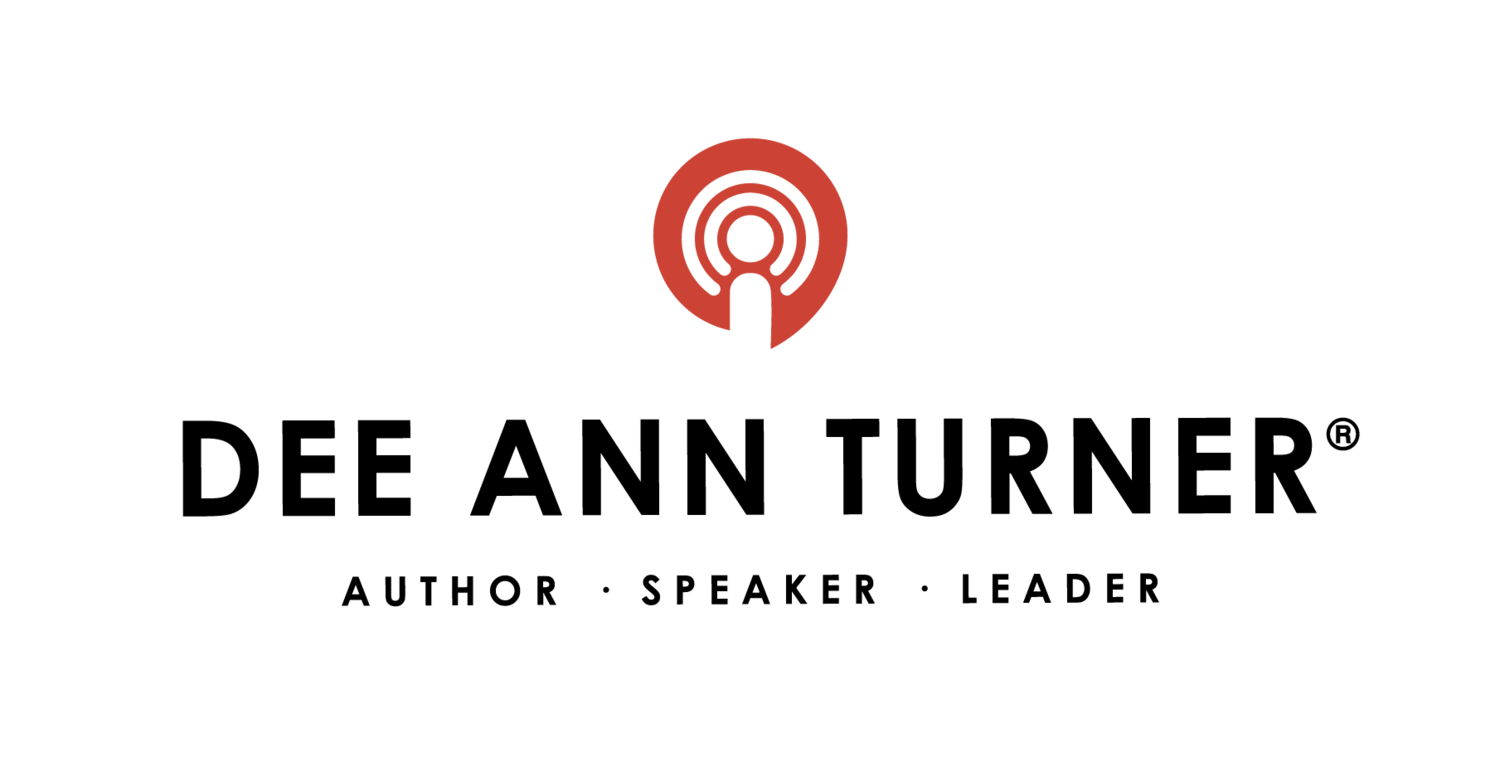What Will You Do After You Crush Your Career?
Plan now for the life you want later.
Brian had never thought about retiring before he was 65, and he certainly wasn’t considering it at age 52. A talented senior leader, Brian loved his job and his organization. Then came 2020 and the pandemic and after that, the supply chain challenges and rising costs of 2021. In effort to make room for emerging talent and control costs, his organization offered a retirement package to tenured employees and suddenly he had a big decision to make. He called his executive coach to schedule a long over-due in-person meeting to help him navigate his options.
The “Great Resignation” is not just about people quitting a job and getting a new one, or even deciding to quit and take some time off. Early retirements are part of this trend as well. The unique work-place challenges since March 2020 has encouraged people to reconsider their long-term career plans. You might be one of those people or you might be someone who needs to prepare better for a future retirement. What questions should you ask yourself and what are the most important factors to consider to prepare for retirement?
Brian’s coach encouraged him to focus on three considerations above all others:
Financial
In most every decision money is not the most important consideration. However, it’s a different matter with retirement. How much money have you saved and how much money do you owe? If you are young in your career, there are some decisions you can make right now that will set you up to be able to retire later:
o Live below your means and stay out of debt.
o Save, save, save and then save some more.
o Give some away.
o Find a trusted financial advisor.
Emotional
The beginning of your career is not only the time to consider your financial goals for retirement, but it is also a time to prepare emotionally for your retirement. Find an identity beyond what you do for a living, because someday, that is not what you will do anymore. For some people, this is a no-brainer and they look forward to losing the identity associated with a job. For others, they can’t imagine their life without a certain title associated with their name.
Invest now in creating other interests, hobbies and affiliations, so that when the time comes to retire, you are prepared and happy to assume a new identity.
Social
Build and grow relationships outside of work. Even though you may spend 40 or more hours a week with the people you work with, when you retire, that will change immediately and those relationships will be impacted. Even, if they are not close relationships, we are accustomed to spending time around other people – co-workers, vendors and customers. Upon retirement we have to not only rely on a different social network but also grow more accustomed to spending time alone.
When Brian assessed his situation, he found himself in a good place. Financially, he had saved for his retirement since he started working at age 22. He was fortunate enough to work for companies who matched his 4019(k) contributions and he put in the maximum amount he could. In the public company he worked for, he took advantage of their stock purchase plan and that proved to be a wise decision. He worked diligently to become and remain debt free, which gave him freedom to consider an early retirement. As he was able, he was generous and gave his time, talent and treasure to organizations in need. Early in his career, he identified a financial advisor that helped him plan for the future and kept him on track toward his financial goals.
Brian’s identity was not wrapped up in his work. He was also known as a husband, Dad and soon-to-be Pops! He served his community in various ways and enjoyed spending time exercising, trying new recipes on the smoker and traveling with his wife.
Socially, Brian’s hobbies and service had led him to a strong network of relationships outside of work and even though many of his friends would still be working, he knew that he would continue enjoy their regular fishing trips and tailgating at the ballgames. He was comfortable with the idea of more alone time to read, get yardwork done and tinker with his long-neglected antique car.
The checklist was complete and Brian was ready to make the big decision. It’s been a few months since he met me for coffee and then signed the papers to accept his package. He says that it’s one of the best decisions he has ever made and is excited to see what the next chapter of life brings.
If you want to learn more about how to plan for the life-cycle of your career, from that very first job until that final paycheck of retirement, then click here to order a copy of my new book, Crush Your Career: Ace the Interview, Land the Job and Launch Your Future.


